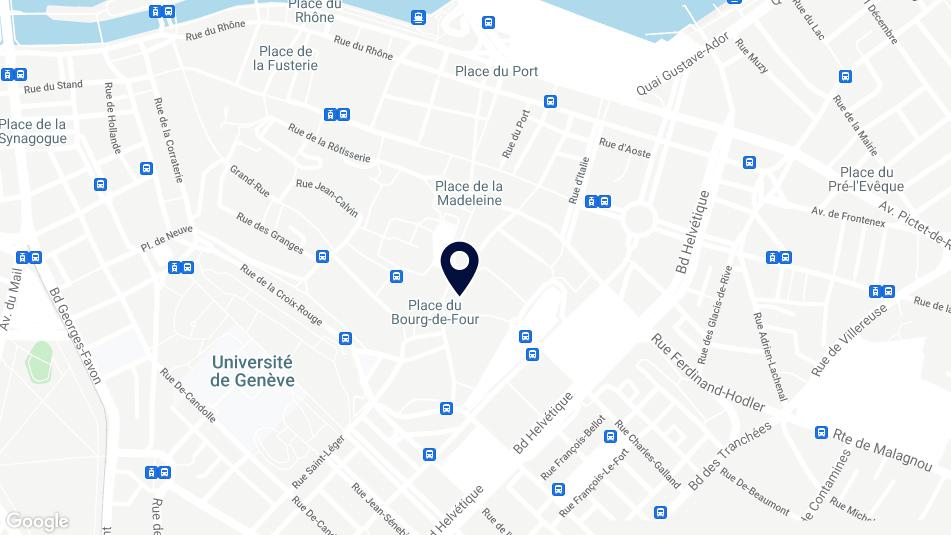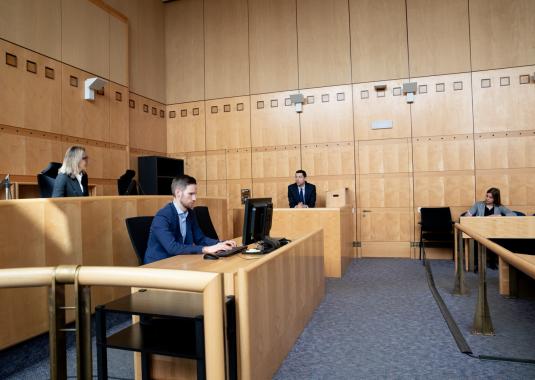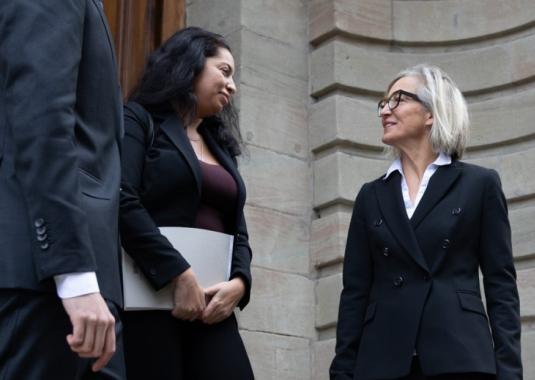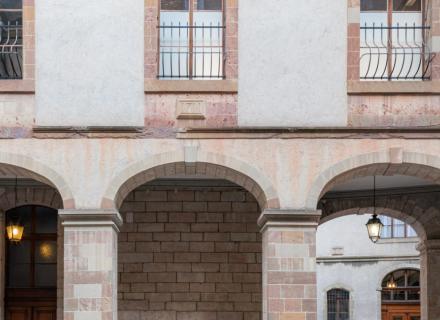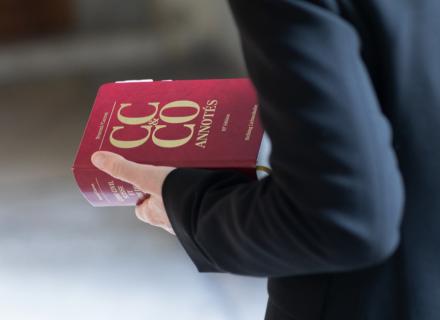Contacts
Address
Contact details
Mailing address
Chambre civile
Case postale 3108
1211 Genève 3
Competences
The Chambre civile rules on appeals in the following matters:
- Family law: separation, divorce, the establishment of filiation, liquidation of matrimonial regimes, obligations of parents towards their children, etc.
- Law of persons: rectification of civil status, change of name, change of sex
- Property law: movable and immovable property, easements, pledge rights
- Code of obligations: representation, civil liability
- Contract law: sales contracts, mandate contracts (bank, doctor, architect, etc.), business contracts
- Company and commercial law: annulment of decisions of the general meeting, liability of persons entrusted with the administration, management or auditing of a company, cancellation of shares
- Succession law: annulment of testamentary dispositions, questions relating to reserves, division of an estate, various conflicts between heirs, renunciation of inheritance, etc.
- Debt enforcement, seizure and bankruptcy
In particular, it rules on adoption applications.
It also acts as a higher authority in matters of arbitration and composition agreements.
It rules as the sole cantonal authority in cases provided for by law (intellectual property, unfair competition, cartels, etc.).
Organization
The judges of the Chambre civile work in close collaboration with jurists and, for the administrative follow-up of the proceedings and the record of the hearings, with a clerk.
When it rules, the Chambre civile is composed of 3 permanent judges.
The Chambre civile’s Office can be reached by telephone at the times mentioned, for questions relating to a pending proceeding. It does not provide legal advice.
Proceeding
You must submit your appeal/objection to the Chambre civile within the time limit provided for by law, in written form, in one copy per party, by post or by depositing it directly at the desk of the Chamber or at the Greffe universel. It must be written in French and signed.
Your appeal/objection must imperatively:
- Name the parties and their possible lawyers, indicating the contact details of each
- Name the decision being appealed, a copy of which must be attached
- Specify in a concrete way the factual and legal reasons for which you are challenging the contested decision (motivation)
- Indicate what you wish to obtain (conclusions)
- Enclose all useful documents
Application forms
Questions/answers
In civil matters, the parties can generally be represented by their lawyer. However, they are required to appear personally in 2 cases: when the court has expressly ordered it and at conciliation hearings.
At conciliation hearings, however, the parties may be represented when they are domiciled outside the canton or when they are prevented from appearing due to illness, age or other good reasons.
Please note: the presence of minor children who have not been summoned (even babies) is only allowed in court with the agreement of the judge.
In civil matters, yes, because the minor child must be represented by his/her legal representative. Exceptionally, the child can act without the assistance of his/her legal representative if he/she is exercising a strictly personal right.
- In civil proceedings, hearings are public with 3 exceptions: hearings pertaining to family law are not public; the court may order that hearings be held in a closed session when a private or public interest requires it; hearings in conciliation proceedings are never public.
- In criminal proceedings, the hearings of the Chambre pénale d'appel et de révision are in principle public while those of the Chambre pénale de recours are not.
Yes, in the following cases:
- At the stage of conciliation
- At any stage of the proceedings, if the hearing is public
